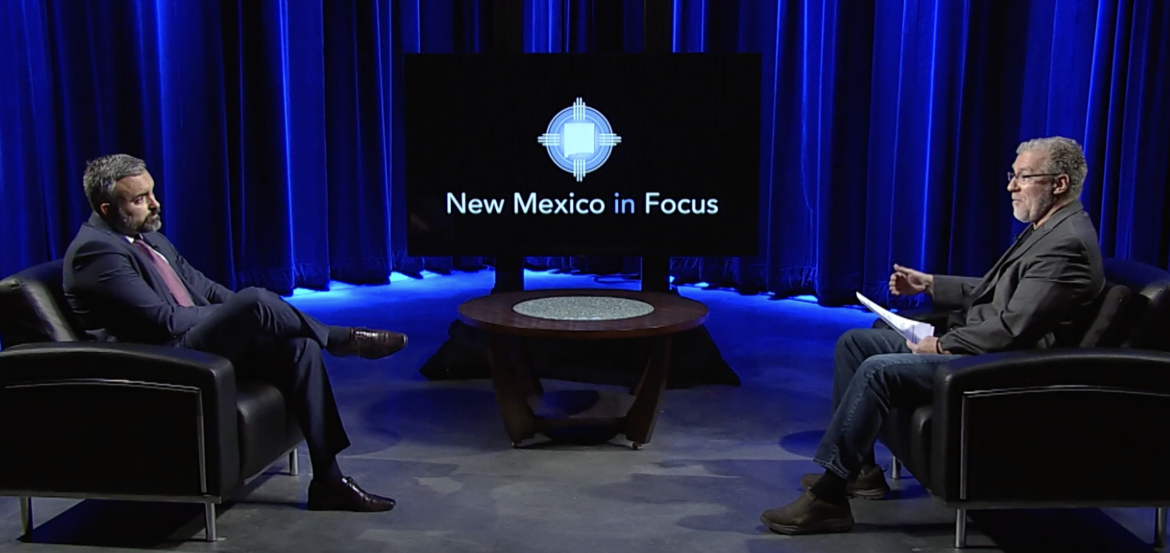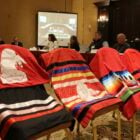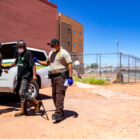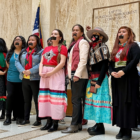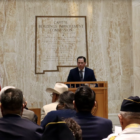Indigenous Affairs
New Mexico pulls plug on missing and murdered Indigenous people task force
|
Gov. Michelle Lujan Grisham’s administration has quietly ended a state task force created to find solutions to a crisis of missing and murdered Indigenous people. The group hasn’t met since May, a few months after several members publicly opposed Lujan Grisham’s nomination of former San Ildefonso Pueblo Gov. James Mountain to lead the Indian Affairs Department, which housed the task force. “We were really making some great headway,” said Cheryl Yazzie (Diné), one of several task force members who believes the group’s work had just begun. “We just seem to have kind of stalled, ran out of gas.”
A department spokesperson did not answer a question Monday about whether Mountain had communicated with the group about its future. Two task force members New Mexico In Depth spoke with in the past week said they hadn’t heard anything.


